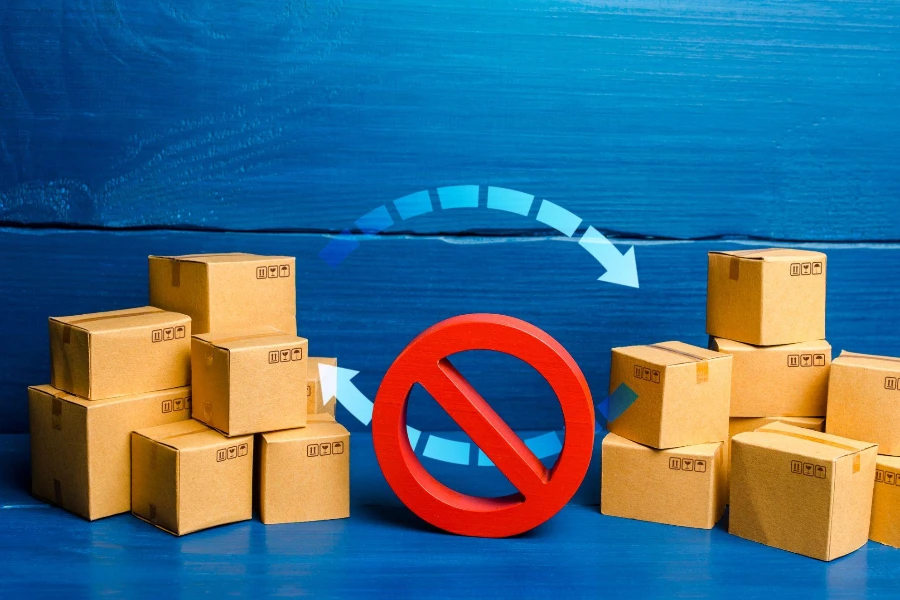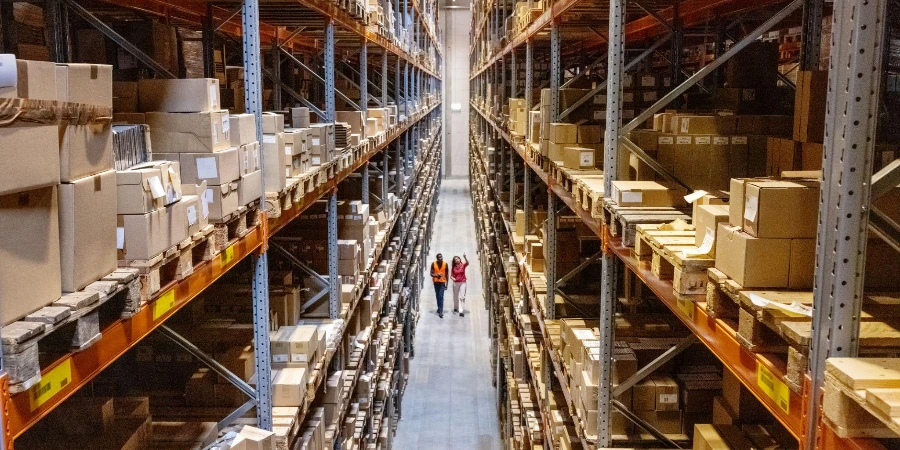In the rapidly evolving landscape of global commerce, the term ‘distributor’ is often mentioned but not always fully understood. At its core, a distributor plays a pivotal role in the movement of goods from manufacturers to the marketplace. This article aims to demystify the concept of a distributor, exploring their functions, benefits, challenges, and trends shaping their future. By breaking down these elements, we provide insights into how distributors operate within the supply chain and their impact on businesses and consumers alike.
Table of Contents:
– What is a distributor?
– Key functions of a distributor
– The benefits of working with a distributor
– Challenges faced by distributors
– Future trends affecting distributors
What is a distributor?

A distributor acts as an intermediary in the supply chain, purchasing products from manufacturers and selling them to either retailers or directly to consumers. Unlike a retailer, who typically sells products in smaller quantities to the end consumers, distributors operate on a larger scale, dealing in bulk transactions. They often provide added value through services such as storage, logistics, and marketing support, enabling manufacturers to focus on their core competencies of production and innovation.
Distributors are essential for manufacturers looking to expand their market reach without directly managing every aspect of the distribution process. They leverage their network and expertise to efficiently move products through the supply chain, reducing the time and cost associated with bringing goods to market.
Furthermore, distributors play a critical role in market penetration and expansion. They have the local market knowledge and customer relationships necessary to introduce products into new geographic areas or sectors. This strategic position allows them to act as gatekeepers, influencing which products are more likely to succeed in a particular market.
Key functions of a distributor

The functions of a distributor extend beyond simple buy-and-sell transactions. First and foremost, they manage logistics and supply chain operations, ensuring that products are stored safely and delivered on time. This involves sophisticated inventory management and transportation logistics, which can significantly reduce overhead costs for manufacturers.
Additionally, distributors often engage in market research and analysis to identify sales opportunities and trends. This information is crucial for both the distributor and the manufacturer, as it informs marketing strategies and product development. Distributors can provide feedback on product performance and customer preferences, acting as a valuable source of market intelligence.
Another key function is the provision of financial and credit services. Distributors may offer favorable payment terms to retailers, which can be instrumental in facilitating transactions and encouraging the stocking of new products. This financial support can be particularly beneficial for small retailers who may not have the resources to purchase large quantities of stock upfront.
The benefits of working with a distributor

Working with a distributor offers several benefits to manufacturers and retailers alike. For manufacturers, distributors can significantly expand their market access, providing a pathway to reach a wider audience without the need for a substantial increase in marketing or logistics expenses. This partnership allows manufacturers to leverage the distributor’s existing relationships and expertise to efficiently penetrate new markets.
For retailers, distributors offer a reliable source of products, often with a diverse portfolio that enables them to meet consumer demands more effectively. Retailers can benefit from the distributor’s scale, accessing a broader range of products without the need to engage with multiple manufacturers directly. This can streamline inventory management and reduce procurement complexity.
Moreover, the value-added services provided by distributors, such as marketing support, product training, and after-sales service, can enhance the retail offering, improving customer satisfaction and loyalty. These services can differentiate a retailer in a competitive market, driving sales and growth.
Challenges faced by distributors

Despite their critical role, distributors face several challenges. The rise of e-commerce and direct-to-consumer sales models has disrupted traditional distribution channels, putting pressure on distributors to adapt. They must invest in technology and develop online platforms to stay competitive, which can be resource-intensive.
Market dynamics and consumer preferences are constantly changing, requiring distributors to be agile and responsive. They need to manage inventory effectively to avoid overstocking or stockouts, which can impact profitability and relationships with retail partners.
Furthermore, maintaining strong relationships with both manufacturers and retailers is crucial but can be challenging. Distributors must balance the needs and expectations of both parties, negotiating terms that are favorable yet fair. This balancing act requires excellent communication and negotiation skills, as well as a deep understanding of the market.
Future trends affecting distributors

The distribution sector is undergoing significant transformation, driven by technological advancements and shifting market expectations. Automation and digital technologies are streamlining operations, from inventory management to customer service. Distributors that embrace these technologies can improve efficiency, reduce costs, and enhance the customer experience.
Sustainability is another key trend, with increasing demand for eco-friendly products and practices. Distributors are in a unique position to influence the supply chain, promoting sustainable products and reducing environmental impact through efficient logistics.
Lastly, the demand for personalized and value-added services is growing. Distributors that offer bespoke solutions, from customized packaging to specialized marketing support, can create unique value propositions, strengthening their relationships with manufacturers and retailers.
Conclusion
Distributors are vital cogs in the global supply chain, facilitating the efficient movement of goods from manufacturers to the marketplace. Despite facing challenges from market disruptions and evolving consumer expectations, they continue to provide essential services that benefit both manufacturers and retailers. By leveraging technology and adapting to new trends, distributors can remain competitive and continue to play a crucial role in the distribution ecosystem.




